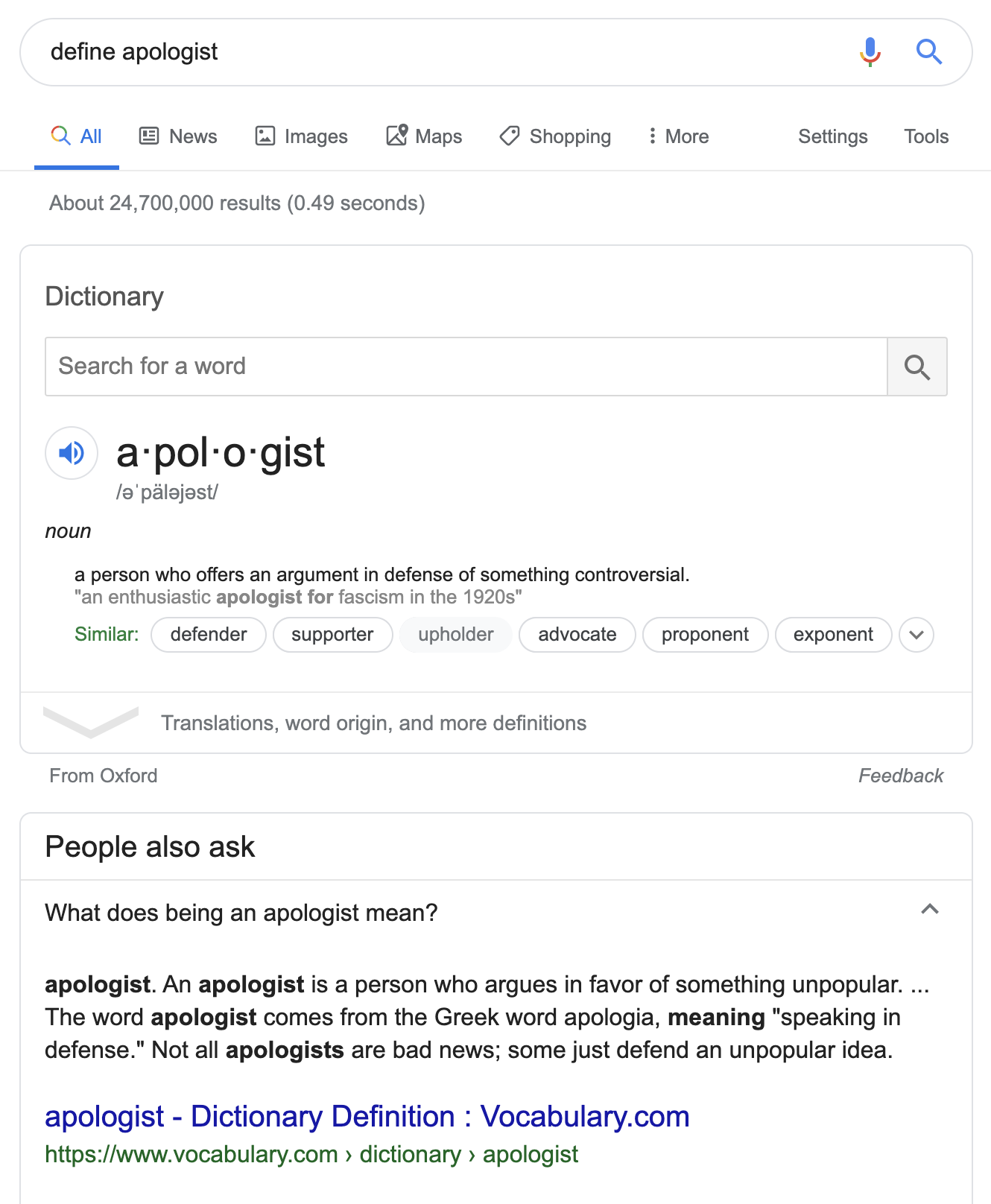Here’s a common motivational obstacle in the secondary classroom: because a given assignment or course isn’t aligned with a student’s future employment plans, the student decides that the work isn’t valuable. I’ve had parents communicate this belief, too. It sounds like:
- I’m going to be a welder, Mr. Stuart. History doesn’t matter for that job.
- I’m not going to need to read literature in my future job as a computer technician.
- Algebra 2 doesn’t relate to starting my own business. I don’t need it. It’s a waste of time.
And so on. These are all expressions of the Value belief — or rather, its absence. This is one of five beliefs always at play, for better or worse, in the motivational cores of our students.
So, what do we do?
First, we empathize. It is painful to feel that you’re being forced to do something that has no relevance or value to your life. Think about the last PD or meeting you went to that felt like this. I’ll never forget the embarrassing day that I went to a mandated, pre-packaged professional development and watched myself transform from a decent, professional person into an uncooperative, resistant jerk. I was so bad that I knew afterwards I had to apologize to the folks who had run the PD. It wasn’t their fault that the PD was pre-packaged and tone deaf. It wasn’t their fault that it didn’t meet my needs as a learner.
I’m sharing that confession to illustrate a principle: when the value belief is missing, we experience pain and this can cause our behavior to shift. Any time our students say, “This is dumb,” “This is pointless,” “This is annoying,” our work as a professional begins. The professional doesn’t say, “Well fine then, this child is just unmotivated and apathetic and there’s nothing I can do.” When we hear a parent say this, we don’t say, “Okay — hopeless case here. I can’t believe what I’m up against.”
Instead, the professional says, “That’s not an attack on me. These are statements of value. How can I help?”
And so, how can we help? What can we do when our students don’t see a connection between their career goals and the literary analysis essay or the presidential fitness test?
We’ve got to become apologists for education. An apologist is a defender, an upholder, a proponent of something controversial. C. S. Lewis is to my mind the most famous apologist of the twentieth century. He’s most famous for his Narnia books, but his Christian apologetics in Mere Christianity is a masterpiece in winsome, clear, cogent argumentation. Lewis argues not just to the head, but to the heart. He calls not just on his listener’s logic, but on their imaginations. He honors the reservations of the skeptic and he challenges the weakly grasped dogmas of the believer.
He was an apologist.

But Dave, that guy was arguing for a controversial religion. We’re just arguing for education.
In 2019, it actually is a minority worldview that an education is an inherently beautiful and unending and emancipatory thing. To say, “Well, an education’s value isn’t just what’s measured on the test, isn’t just what’s going to be useful in your job,” is to invite scoffing. It is controversial, my colleague.
So own the reasons you became a teacher to begin with. Grapple earnestly with the gaps between what an education ought to be and what the system currently makes it out to be. Speak to these things, think on these things, write about these things. From the empathetic position — and all the great apologists work from there — engage with the concerns of your would-be welder in the British Literature class, your hopes-to-work-in-HVAC student in Chemistry. And as I often recommend when I’m speaking with teachers, come up with not only one, not only five, but twenty or more arguments for why the work you do in your class is worthy work despite its lack of direct connection to someone’s future job.
The key point with our welder friend is that the public education experiment was never meant to simply prepare people for jobs. A system just focused on that one outcome is a system that has lost its soul. But our school systems aren’t lifeless objects — they’ve got people in them, like you and me. Let’s speak a bigger, better vision of education into our workplaces, one interaction at a time.
(There are other ways to build value, too. One of them is the build connections intervention developed by Chris Hulleman at UVA. Here’s an intro I wrote, and here’s a practical take based on my teaching this year. Another tack is working on your teacher credibility. Credibility acts as a huge multiplier — for better or worse — on the apologetics work you do in your classroom.)
nicoleandmaggie says
I teach math classes to a wide variety of majors. I always respond that it makes them smarter and more critical thinkers, which is useful in any situation. When applicable, I also talk about how having whatever math/programming skill I’m teaching on their resumes signals that they’re smart to employers, even if they never actually use that skill. (This last is particularly true for a subset of our students going into a particular field, according to people who have gotten jobs in that field.)
Adam Meyers says
Your work is nice!